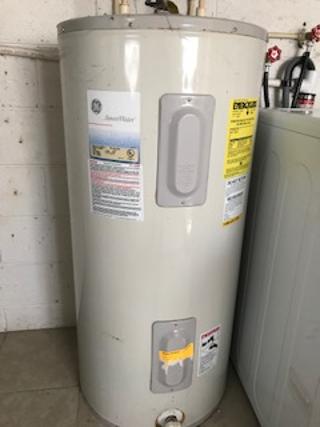Water Heaters: The All Season Necessity

Water heaters are wonderfully convenient and economical devices. They provide that delightfully hot water for showers on a cold day, and germ-killing heat to clean dishes to help keep us healthy…and do it with minimal effort and expense on our part. They are the all-season necessity of the home. Water heaters whether gas or electric have a working life span of somewhere between 7-20 years. Eventually, the elements burn out or sediment builds up inside, or the corrosive nature of water on metal eats a hole in them somewhere. At some point you will have to replace them. How do you know when it is time to replace it though?
When to replace a water heater: Most of us pay little if any attention to our water heater until either it stops heating water or until a family member hollers out that there is water all over the floor, ceiling etc. At either of those two instances there is obviously a problem. Generally speaking this is how most of us know it is time to swap out that water heater. It is either not heating or it is leaking. To be frank, there is not a lot you can do to know ahead of time when a water heater is on its last leg. But what you can do is to drain and flush the tank once a year as recommended. This is a good time to look closely at your water heater. Do you see any tell-tale rusty spots? Your water heater should not have rust on it anywhere. If it does, then you probably have a leak. Catching and fixing leaks in the plumbing lines early can save you a bundle on a new water heater and replacement bills by extending the life of your appliance. If however, the leak is in the tank itself, then it is best to address it immediately and get that tank replaced.
The second part of this post will focus on the steps required to replace a water heater and guidance on whether to DIY or leave it to the professionals. In the meantime, contact us at DCI if you have any questions about your water heater.

